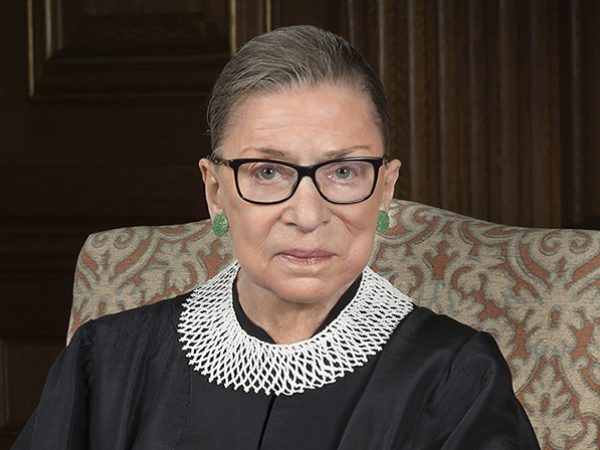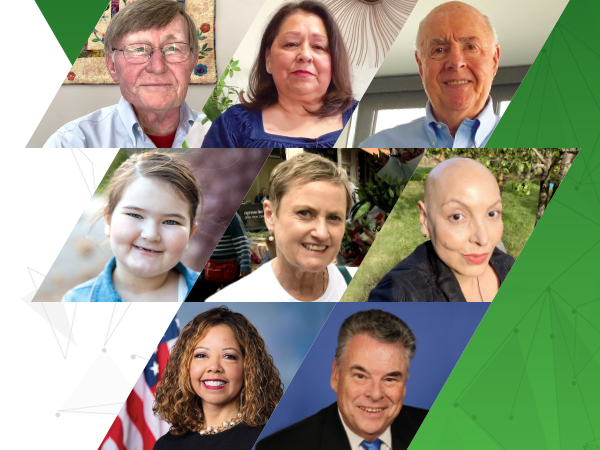The Net Widens for Research on Rare Cancer
Rare cancers, when taken all together, make up an estimated 20 to 25 percent of all cancers diagnosed. With more than 1.7 million people in the U.S. expected to be diagnosed with cancer this year, that could mean as many as 400,000 people will learn they have a rare cancer. Often, these patients have few treatment options.
“For a lot of rare tumors, and especially ultrarare tumors, there’s no treatment,” said Razelle Kurzrock, a medical oncologist and an expert in precision medicine at Moores Cancer Center at UC San Diego Health, in an article published in Cancer Today, a magazine and online resource for cancer patients, survivors, and caregivers published by the American Association for Cancer Research. “There aren’t even clinical trials for the most part,” said Kurzrock, who with fellow oncologist Shumei Kato, opened the Rare Tumor Clinic at UC San Diego Health in 2017.
More options are starting to emerge, thanks to the molecular characterizations of rare tumor tissue and initiatives that seek to test immunotherapy options in patients with various cancers, including those with rare cancers. For example, 62.5 percent of the first 6,000 patients who enrolled in NCI-MATCH (NCI-Molecular Analysis for Therapy Choice)—the precision medicine study that matches patients with targeted treatments based on their cancer’s unique molecular characteristics—had cancers other than the four most common types: colorectal, breast, prostate or non-small cell lung cancer. One goal of the trial, which does not focus solely on rare cancers, is that at least 25 percent of the enrolled patients have rare or uncommon cancers.
Another trial now underway, DART (Dual Anti-CTLA-4 & Anti-PD-1 blockade in Rare Tumors), which tests Yervoy (ipilimumab) and Opdivo (nivolumab), has already shown that clinical trials for rare cancers can attract a lot of patients. Sandip Patel, a medical oncologist at UC San Diego Health’s Moores Cancer Center and the trial’s principal investigator, noted in Cancer Today that patients with rare cancers poured into the study. Most cohorts, each representing a group of patients with the same rare cancer, are full.
“There’s been a belief you cannot do these studies, that it can’t be done because they don’t accrue” sufficient numbers of patients, Patel said. DART is helping to dispel what Patel calls a “self-perpetuating myth.” Future trials testing new drugs in patients with rare cancers will surely follow, Patel said in the article.
For patients with rare cancers, these developments can be life-changing. Melinda Bachini, who was diagnosed with stage IV cholangiocarcinoma, found a clinical trial on adoptive cell therapy through an ad on the Internet. The ninth patient to enroll in the trial, she was the first to show a positive response. Her case even got its own report in the journal Science in May 2014 and also in the New York Times. Bachini is doing well now, more than nine years after her diagnosis in December 2009.
Editor’s note: July is Sarcoma Awareness Month. Sarcoma, a diverse collection of different cancers that arise in cartilage, muscle, blood vessels, fat, bone, and other supportive tissues, is considered a rare cancer.
Parts of this blog post were excerpted from the original article, which appeared in Cancer Today.




